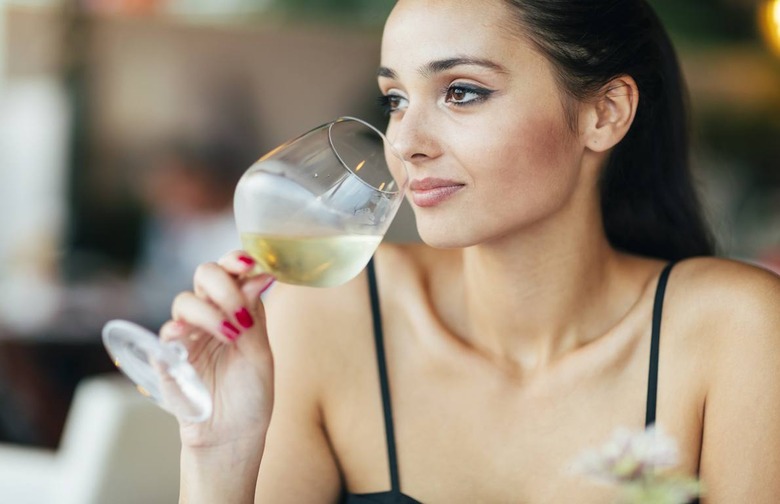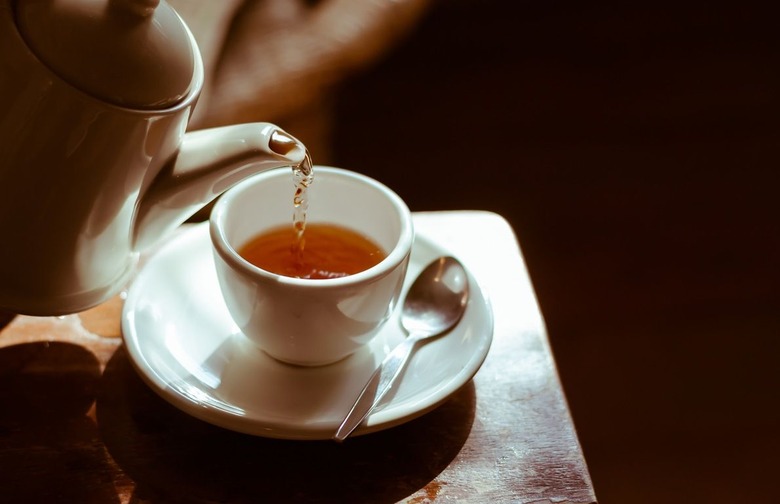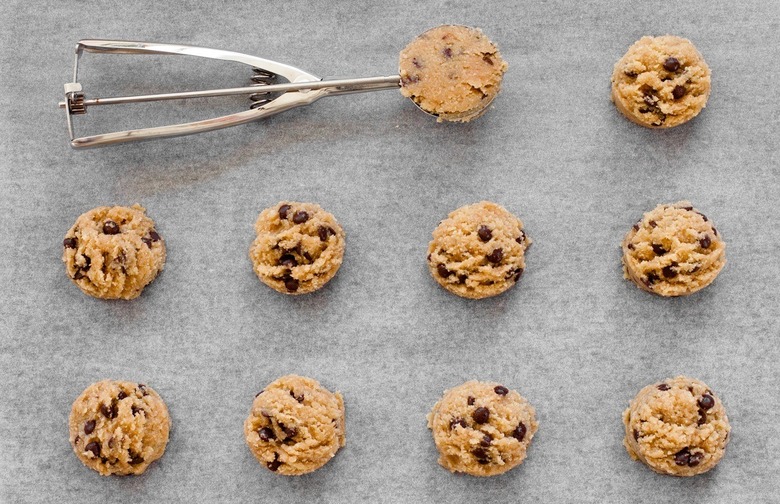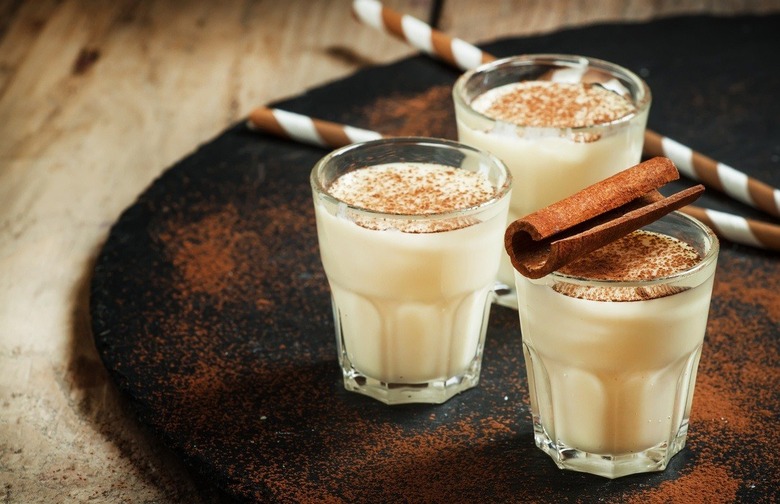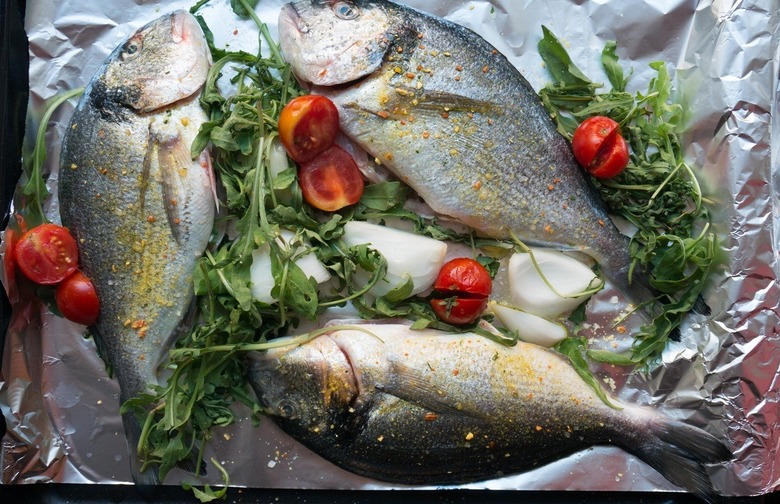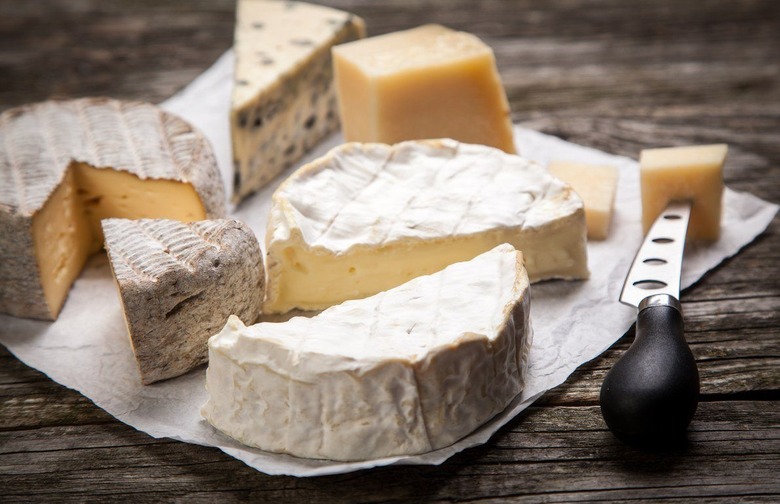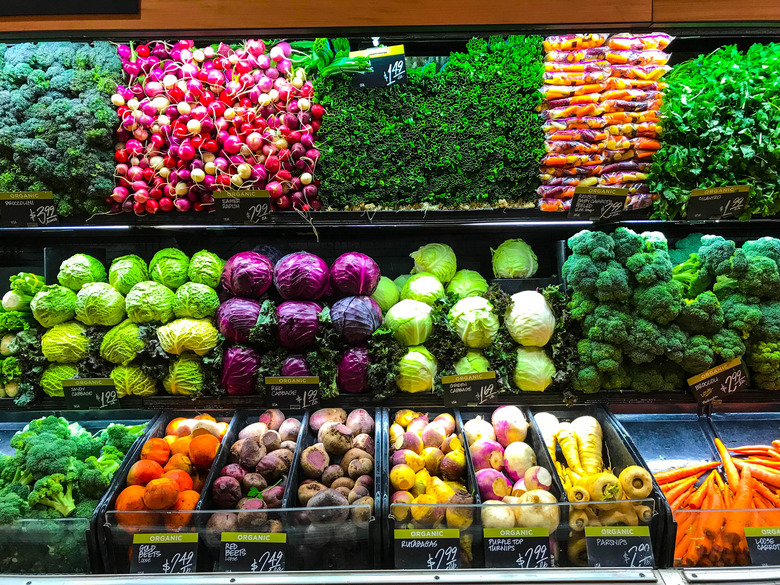If You're Pregnant, Don't Eat Or Drink These 8 Things Slideshow
Is it OK to have one drink during the holidays? The American Pregnancy Association emphatically states that there is "NO amount of alcohol that is known to be safe during pregnancy," and recommends that you avoid it altogether. Consuming excessive alcohol during pregnancy may lead to fetal alcohol syndrome and other neurological defects in babies, and there is simply no consensus on the effects of even a little, so why take a chance?
Caffeinated Coffee and Tea
The medical community is split as to caffeine's role in a healthy pregnancy. Caffeine is a diuretic, meaning it increases the production of urine, and although the American Pregnancy Association confirms that most studies show moderate caffeine intake to be permissible, there are studies that suggest that caffeine may be a source of miscarriage. As a preventative measure, skip caffeine during the first trimester, and don't exceed more than 200 milligrams (about one 12-ounce coffee) per day throughout the rest of the pregnancy.
Cookie Dough
After making a batch of chocolate chip cookies it's always tempting to lick the spoon, but pregnant women need to resist this urge because the raw egg used in some uncooked cookie dough can contain salmonella. But don't fret, many cookie-dough ice creams either omit raw egg or use a pasteurized egg base, ensuring its safety.
Eggnog
Pregnant women need to avoid this classic holiday beverage, even when it doesn't contain alcohol. Homemade eggnog is made with raw eggs, which may or may not be pasteurized. Unpasteurized eggs can carry disease-causing pathogens such as salmonella and campylobacter, which are especially dangerous during a pregnancy. Store-bought eggnog is all right to drink as long as it's made with pasteurized eggs. Sidestep the added risks of eggnog by purchasing a non-dairy eggnog alternative like "soy nog." And make sure you only drink the virgin kind — ironically enough.
Fish
Pregnant women should be wary when it comes to eating certain varieties of seafood. Large, predatory fish that are high up on the food chain often contain high amounts of mercury, which can interfere with infant brain development. The National Resource Defense Council estimates that "more than 75,000 babies are born each year with a greater risk of learning disabilities because of their mother's mercury exposure." Species such as marlin, shark, sword fish, and bigeye tuna all contain high levels of mercury, but not all fish are off limits. The Food and Drug Administration says that salmon, shrimp, pollock, tilapia, catfish, and cod are all safe for pregnant women to eat when cooked.
Raw Meat and Seafood
Uncooked meat and seafood carries a risk of contamination from coliform bacteria, salmonella, and toxoplasmosis, and should therefore be avoided by pregnant women. When dining out, stay clear of any carpaccio (thinly sliced, raw meat), tartare (finely chopped raw meat or fish), or crudo (thinly sliced, raw fish). If craving the freshness and texture of a raw appetizer, try making a vegetarian carpaccio alternative using beets, cucumbers, or tomatoes.
Soft Cheese
The FDA requires that all soft cheeses such as Brie, Camembert, and fontina sold in the United States, whether imported or domestic, be made with pasteurized dairy. The pasteurization process briefly raises the temperature of the milk to a temperature hot enough to kill potentially dangerous bacteria, including E. coli, salmonella, and listeria. Cheeses aged for 60 days or more are exempt from the requirement and pose no danger, even when they're made from raw milk. Because connoisseurs prefer the flavor of unpasteurized cheeses, though, imported soft cheeses made from raw milk sometimes find their way into the U.S. market, by intention or accidentally. It's safest to avoid imported soft cheeses for that reason.
Unwashed Fruits and Vegetables
A diet rich in fruits and vegetables is essential for a healthy pregnancy, but unwashed produce can be riddled with dangerous bacteria if it's harvested from contaminated soil. The FDA recommends that pregnant women carefully rinse fruits and vegetables under running water and cut away damaged or bruise areas, which are especially susceptible to bacteria. When shopping, only purchase fresh-squeezed or cold-pressed juices that have been pasteurized or treated with heat to eliminate any potentially harmful bacteria.
